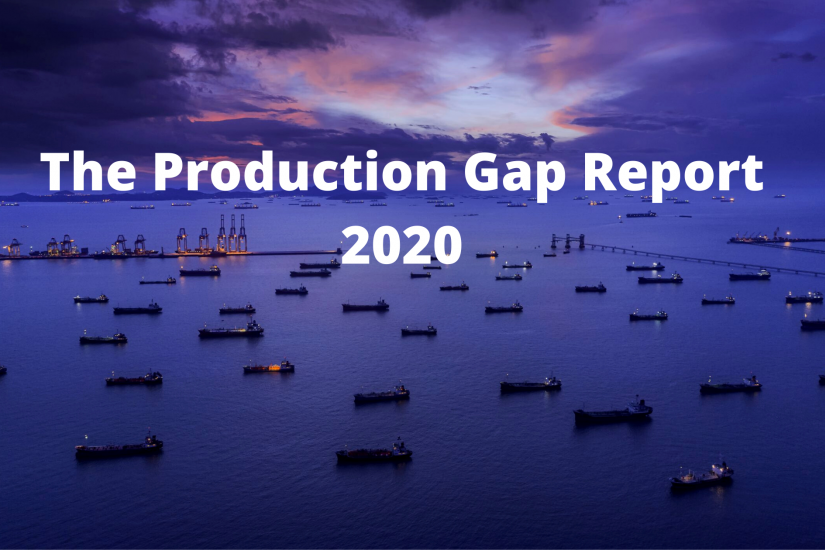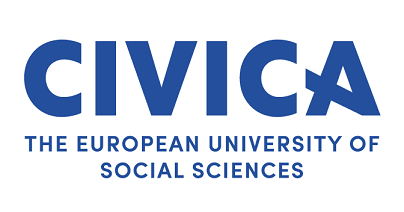
Speaker:
Greg Muttitt, Senior Policy Advisor, Energy Supply, Institute for Sustainable Development (IISD)
lnvited comments:
Matteo di Castelnuovo, Associate Professor of Practice at SDA Bocconi
Welcome remarks and chair:
Michael LaBelle, Associate Professor and Jean Monnet Chair in Energy and Innovation Strategies, Central European University, Department of Environmental Sciences and Policy and Department of Economics and Business
Abstract:
Last year’s extreme weather events such as devastating wildfires, drought and floods were a powerful reminder to why countries should strive to cut greenhouse gas emissions and limit climate change. So how is the world performing? A year ago, the first Production Gap Report revealed the massive fissure between planned fossil fuel production and the global levels needed to limit warming to 1.5°C and 2°C. The 2020 report considers this issue in the context of COVID-19 pandemic. Despite the dip in greenhouse gas emission from the COVID-19 economic slowdown, Earth is still heading towards a catastrophic temperature rise above 3°C this century. However, the report raises some hope; as major economies (China, Japan, and South Korea) have pledged to reach net-zero emissions we might have reached a turning point. Countries have a choice of using COVID-19 stimulus and recovery measures to reinforce the fossil fuel industry, or they can implement a green pandemic recovery plan and invest in low-carbon energy and infrastructure. To date, G20 governments have committed over $230 billion in COVID-19 measures to the fossil fuel related sectors, far more than to clean energy (roughly $150 billion).*
Can we catch up on climate action? Could the COVID-19 pandemic lead to relevant changes in the right direction? Are we meeting goals of the Paris Climate Agreement? Can we decrease fossil fuel production and reach the goal of 1.5°C?
For more information visit the EPRG website on Facebook: @EnergyCEU
or send us an email at: Aleksic_Varvara@phd.ceu.edu




